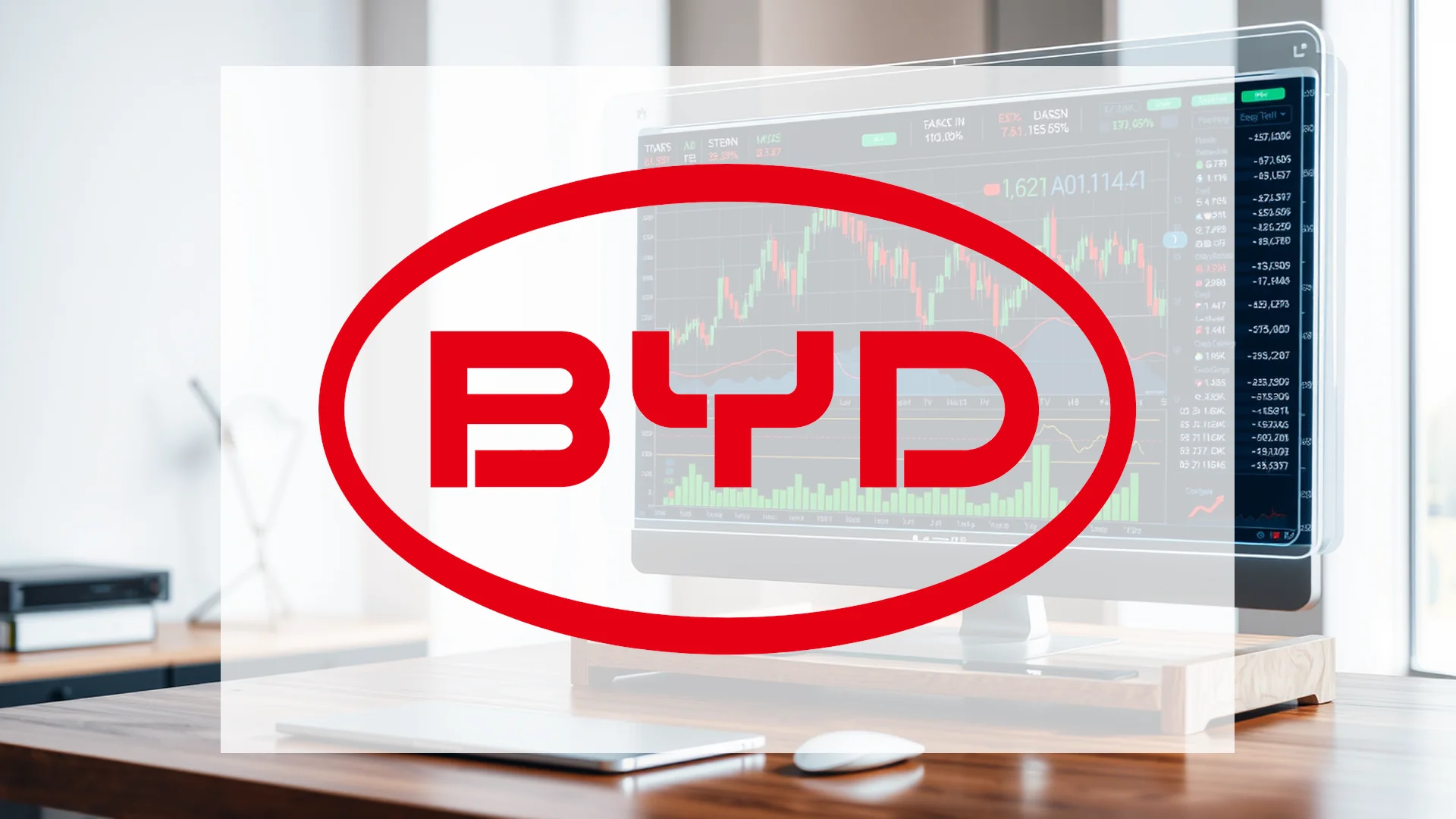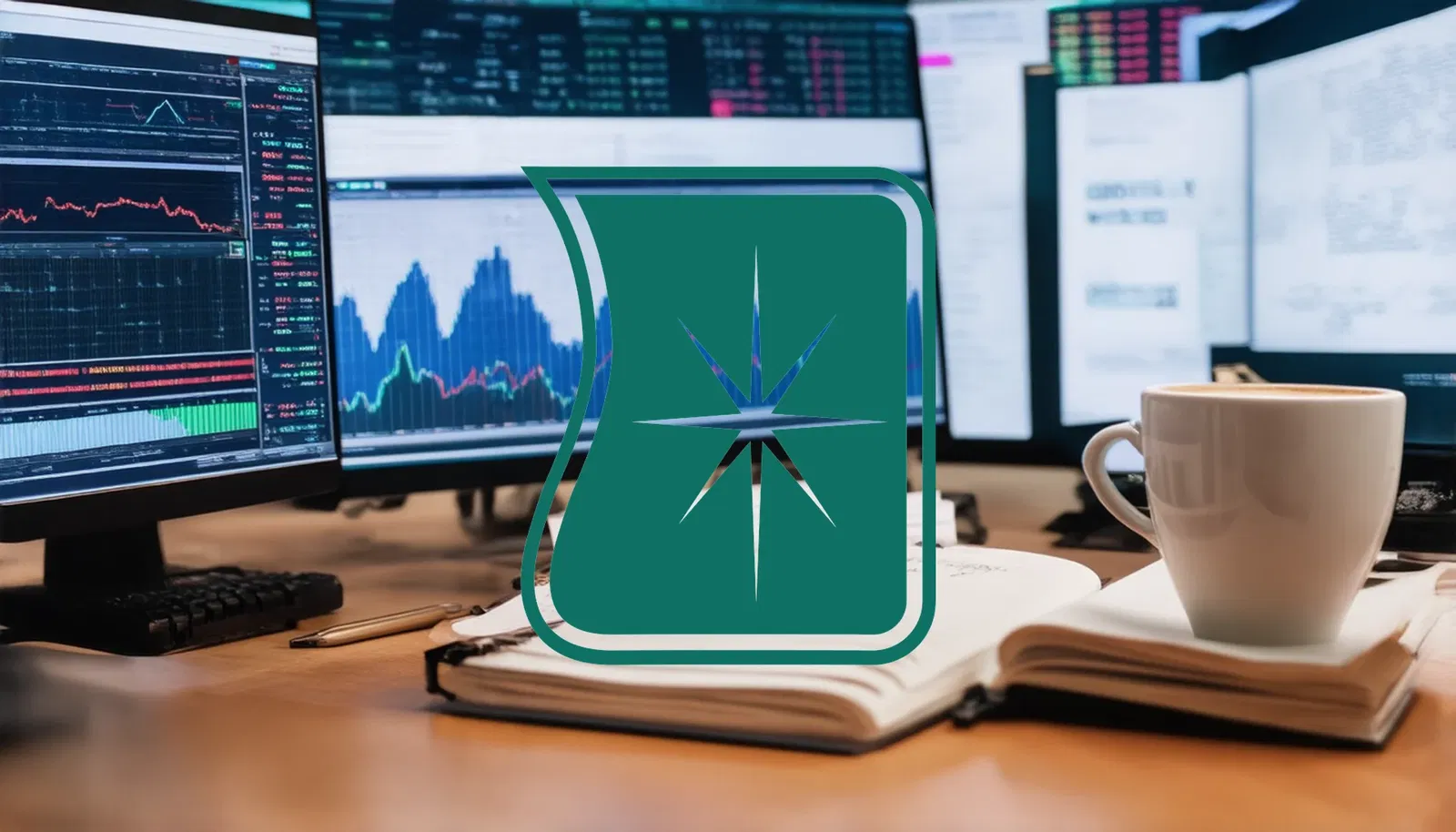Warren Buffett’s Berkshire Hathaway has liquidated its entire stake in Chinese electric vehicle manufacturer BYD, concluding a remarkable investment journey that generated returns exceeding 3,800% over nearly two decades. This move places immediate pressure on the company’s shares while raising questions about broader underlying challenges.
Berkshire’s energy subsidiary now reports a zero-dollar valuation for its BYD holding, which had been worth $415 million as recently as late 2024. The original investment dates back to September 2008, when Berkshire acquired approximately 225 million shares for $230 million—representing a 10% stake in the company following a recommendation from the late Charlie Munger.
Immediate Market Reaction and Trading Impact
Financial markets responded swiftly to the divestment news. BYD’s Hong Kong-listed shares plummeted as much as 3.6% during the trading session, ranking among the poorest performers within China’s stock indices. The stock ultimately closed at HK$110.50, marking a noticeable decline from the previous HK$113.50 level.
Key market response metrics included:
– Intraday decline reaching 3.6% on the Hong Kong exchange
– Trading volume surging to 12.7 million shares
– Several billion dollars erased from market capitalization
Operational Challenges Compound Pressures
While Buffett’s exit captures headlines, BYD faces multiple operational difficulties that extend beyond this ownership change. The automaker recently reduced its annual delivery target by as much as 16%, establishing a new goal of 4.6 million vehicles.
The company’s domestic markets, which contribute almost 80% of total revenue, have contracted for four consecutive months. Quarterly profits declined for the first time in three and a half years, falling substantially short of analyst expectations.
Should investors sell immediately? Or is it worth buying BYD?
Through July, BYD managed to sell just 2.49 million vehicles—representing only 45% of its already-reduced annual target of 5.5 million units. Even these lowered expectations appear challenging to achieve.
European Expansion Provides Silver Lining
Amid domestic struggles, BYD demonstrates impressive progress in European markets. The company captured 10% market share in Spain during July 2025—double the European average and exceeding Tesla’s performance in that market.
This success stems from an aggressive pricing strategy. The BYD Seal U DM-I starts at approximately €30,000 in Spain, while comparable plug-in hybrid models from Volkswagen and Peugeot exceed €40,000.
Implications of Berkshire’s Complete Divestment
The full exit eliminates an overhang that has weighed on BYD’s stock since 2022, when Berkshire initiated its gradual position reduction. Each previous sales announcement had created renewed uncertainty among investors.
BYD management responded with diplomatic appreciation, thanking Berkshire for “investment, assistance, and partnership over the past 17 years”—an indication that the complete divestment did not come as a surprise internally.
While the removal of persistent selling pressure may provide short-term relief for the stock, BYD’s fundamental business challenges remain the primary concern for investors moving forward.
Ad
BYD Stock: Buy or Sell?! New BYD Analysis from February 8 delivers the answer:
The latest BYD figures speak for themselves: Urgent action needed for BYD investors. Is it worth buying or should you sell? Find out what to do now in the current free analysis from February 8.
BYD: Buy or sell? Read more here...











